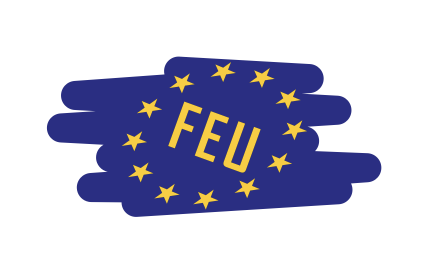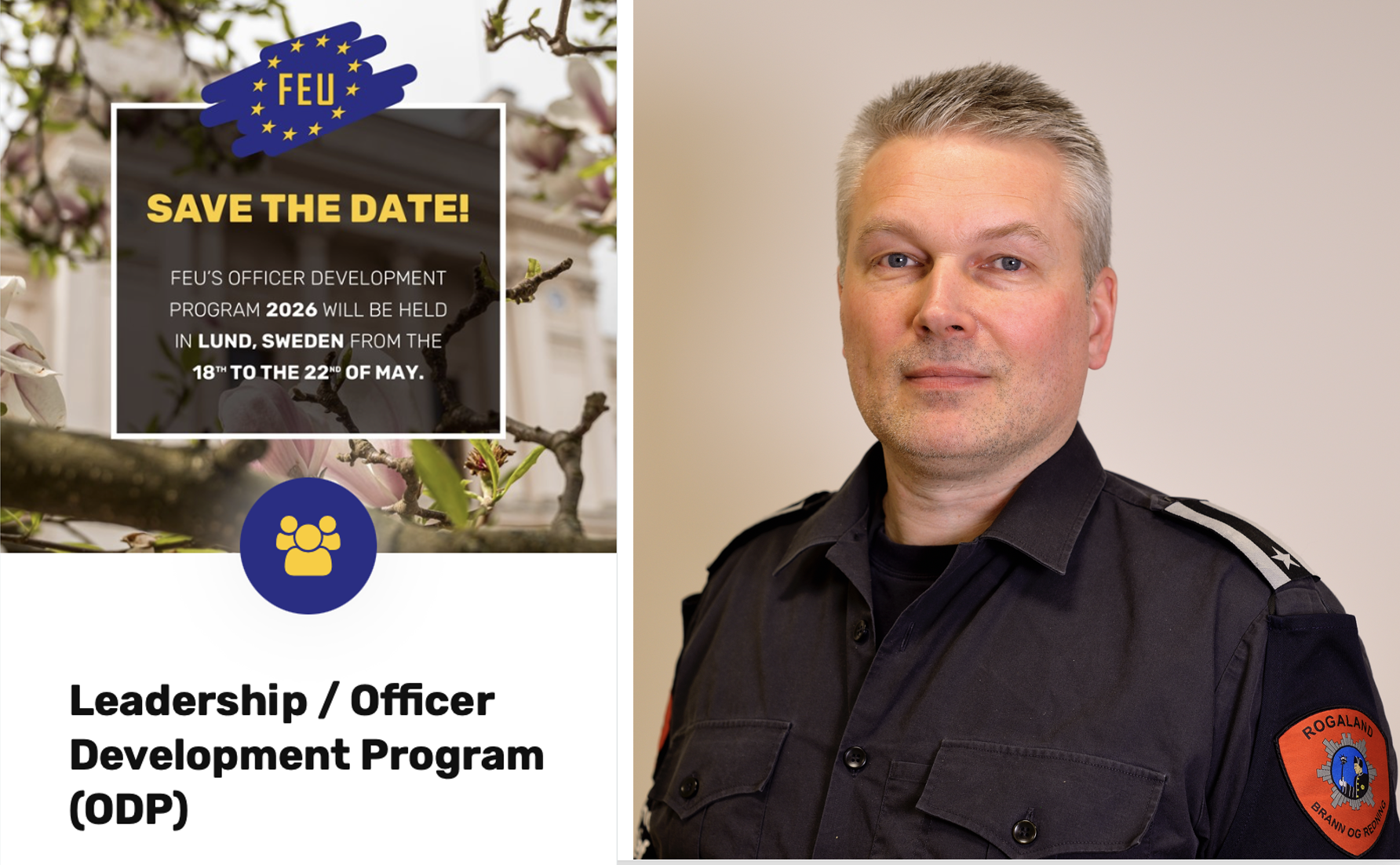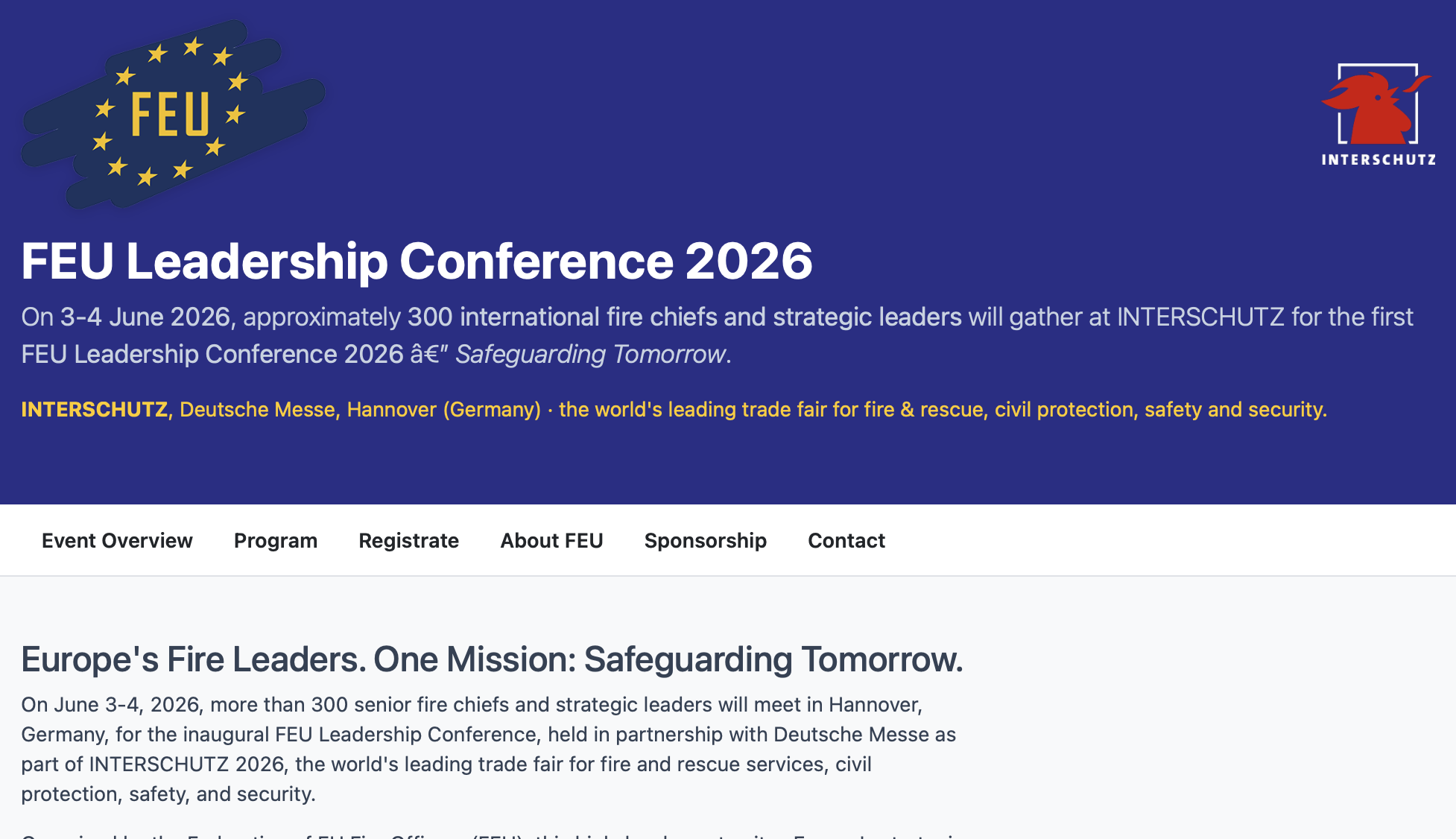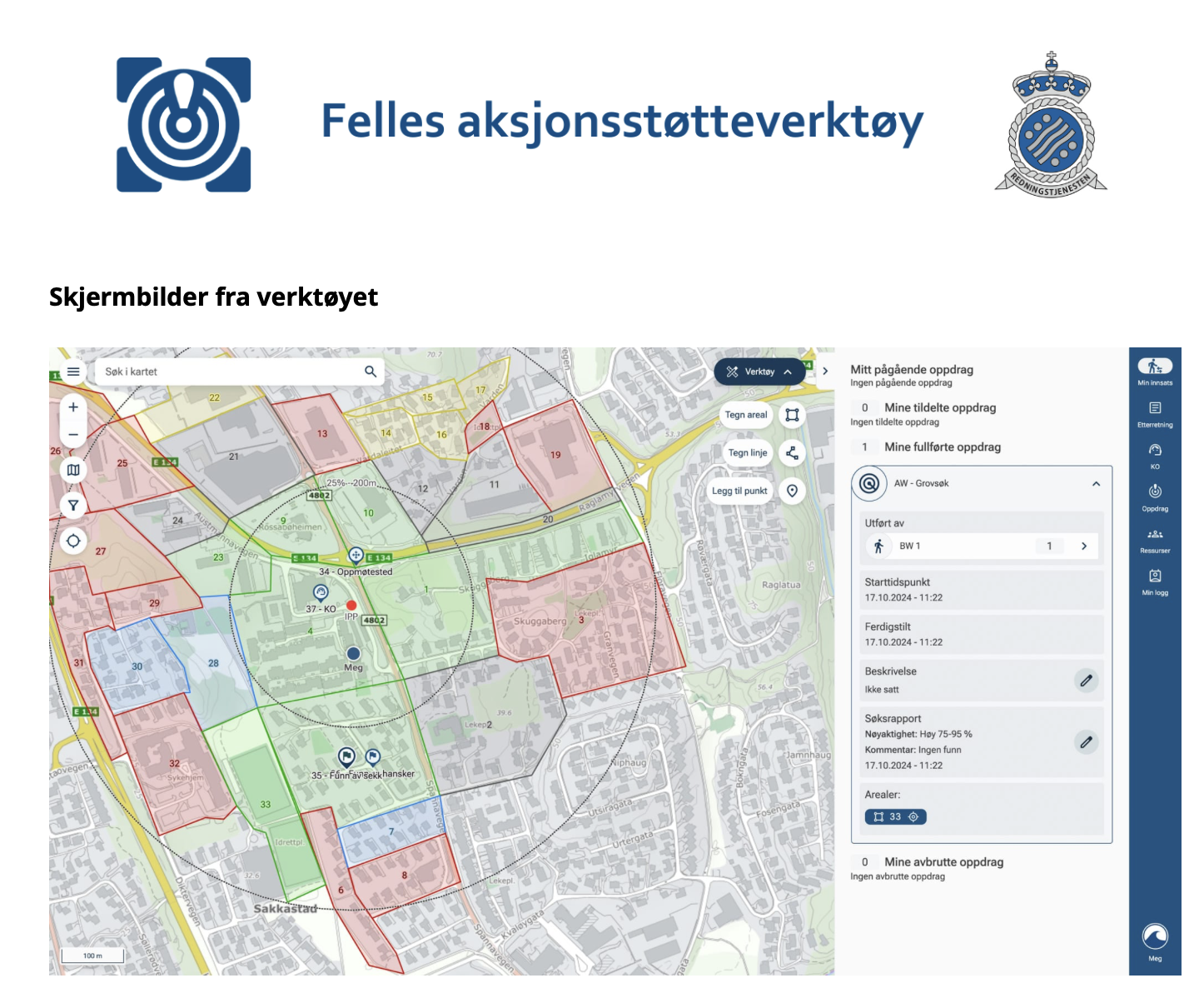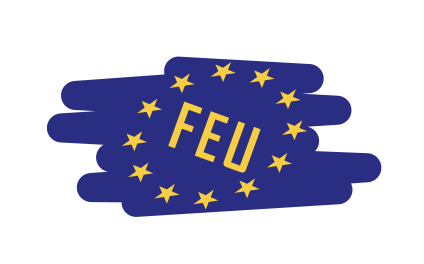Brann- og redningsvesen blir i økende grad kalt inn for å håndtere komplekse samfunnsutfordringer — alt fra cyberangrep og energisvikt til klimarelaterte katastrofer og geopolitiske spenninger. Som siste forsvarslinje i krisesituasjoner spiller brannvesenet en avgjørende rolle i nasjonale og lokale beredskapsstrategier. Dette seminaret vil utforske innovative tilnærminger, lærdom fra nyere kriser og viktigheten av sektorovergripende samarbeid for å styrke beredskap, respons og gjenoppretting. Bli med for å diskutere hvordan brann- og redningstjenestene kan fungere som en stabiliserende kraft og sikre operasjonell kontinuitet under store forstyrrelser.
Program:
09.00 Welcome by Austria
09.20 Opening meeting by Mr Stephan Wevers / president FEU
- Setting the agenda
- List of Attendees – Roll call
09.40 Introduction to the seminar theme The Fire Service in the Playing Field of a
Resilient Society
By Mr . Stephan Wevers , president FEU
09.50 Reflection on Storm Éowyn 24 January 2025
By Mr. Gerry O’Malley, Chief Fire Officer, Galway Fire & Rescue Service, Ireland
10.15 Operational continuity of SFRS of Latvia during crises: How can we ensure that
fire and rescue services remain operational for a minimum of 72 hours during
major disruptions
By Mr. Kristaps Kolbergs/head of Operational Management Department , State
Fire and Rescue Service Latvia / delegate Latvia
11.15 Project CivPro-LiNC; Strengthening cross-border collaboration and resilience
through the use of liaisons By Ms . Sarah Jürges , Cologne District Government /Germany , project coordinator,
Mr. Frank Cools, NIPV /Netherlands and Ms. Katharina Kahl, North Rhine-
Westphalia Fire Service Institute/Germany
11.35 Swedish brochure: In case of crisis or war
By Ms. Christina Andersson , Unit for Public Preparedness, Swedish Civil
Contingencies Agenc y ( MSB ) , Sweden
11.55 Building resilient society - Roles of the rescue services and citizens
Federation of EUropean fire officers 20 November 2025
FEU 02/25
By Ms . Pauliina Eskola, head of unit from department for Rescue Services/Ministry
of the Interior , Finland
13.30 Lessons from Civilian – FRS Cooperation during 2021 Flood
By Mr. Andreas Bierfert / head of Fire Department Aachen / delegate Germany
13.50 Estonian rescue service's resilience to digital attacks
By Mr. Marko R üü/head of Northern Rescue Centre / delegate Estonia
14.10 Aiming for a more Resilient Society in Lithuania
By Mr. K ęstutis Agintas /Deputy Director General SFRS/ Lithuania
14.30 Update Organization of American Firefighters (OBA)
By Mr . Juan Carlos Field – President OBA, Chile
15.15 Update Metropolitan Fire Chiefs Association (MC)
By Mr . John Butler – President MC, US
15.35 Update International Association Fire Chiefs (IAFC)
By Ms . Trisha Wolford – P resident IAFC, US
15.55 Breakout Sessions: Interactive Discussions
[Participants will be divided into small groups.]
Each group tries to answer the following discussion points:
1. Operational Resilience:
How can fire and rescue services realistically ensure 72-hour operational continuity
during large-scale disruptions (e.g., energy blackouts, cyber-attacks, or natural
disasters)? What practical measures are most urgent to implement?
2. Cross-Sector Collaboration:
Which partnerships (public, private, civil society) are most critical for strengthening
societal resilience, and how can the fire service position itself as a trusted partner in
these collaborations?
3. Strategic Foresight:
Looking 10–15 years ahead, what are the most pressing risks and scenarios that the fire
service should prepare for, and how can leadership integrate foresight into everyday
planning and training?
4. Workforce & Infrastructure Readiness:
In an era of increasing societal disruption, how can we strengthen both the physical
infrastructure (stations, equipment) and the human infrastructure (wellbeing, skills, duty
rosters) of our fire services to remain adaptive and reliable?
17.00 Conclusive discussion
Each group will have a facilitator to guide the discussion and take notes. Each
group will have a spokesperson who will present the key takeaways from their
discussions. Notes will be sent to the Secretary who will share with the delegates.
